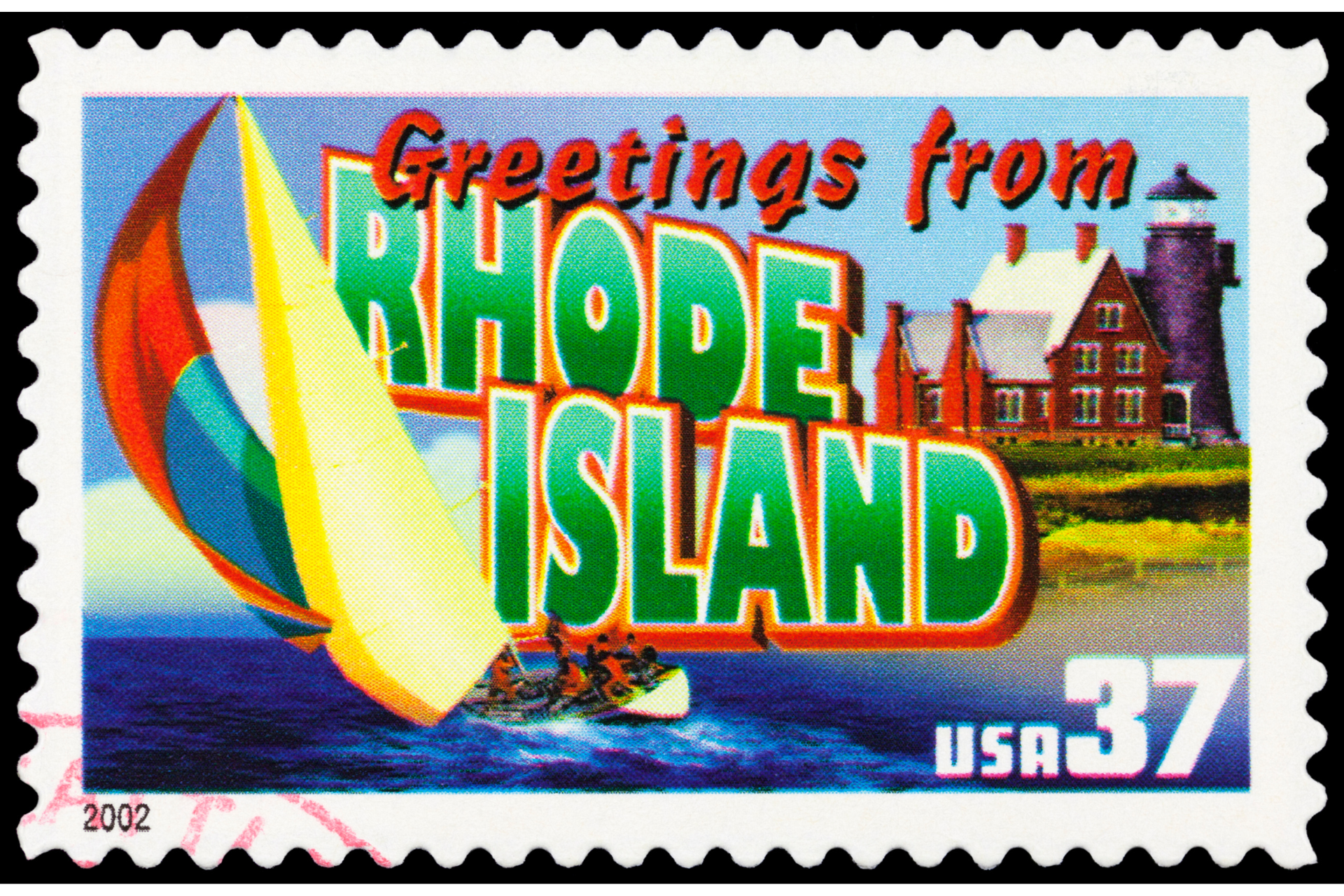Harvard Law Today, a popular blog of Harvard Law School, has published a summary of the recent conference that examined the Insular Cases, a series of Supreme Court decisions regarding the territories ceded to the United States by Spain at the end of the 19th century, including Puerto Rico.
Panelists at the Harvard symposium acknowledged that the armed struggle involving these territories was brief, but pointed out that the Constitutional struggle has continued ever since — a legal question of “whether the United States can acquire territories and their peoples without ever making those territories into states—in short, whether the ‘Constitution follows the flag.’”
The Honorable Juan Torruella, a First Circuit judge, presented the keynote address, shown in the video above. He focused on “the colonial condition that has been in place for 116 years” and how it has negatively affected Puerto Rico and the relationship of Puerto Rico with the U.S.
In a nutshell, the Insular Cases represent classic Plessy v. Ferguson legal doctrine and thought that should be totally eradicated from present-day constitutional reasoning … they directly clashed with the constitution.
One of the most interesting things about the Insular Cases is how clearly they are mired in attitudes and ideas that we would not recognize today as American ideas. Christina Duffy Ponsa pointed out that both sides of the debate were “saturated with racist attitudes,” since one side was trying to protect people unfit to govern themselves and the other was trying to avoid having to accept states which would include people unfit for equality in the United States.
We’ve shared some historical documents showing these attitudes:
- Taft’s Speech on “Foreign Dependencies”
- Letter to the Editor on “U.S. Colonial Policy”
The Insular Cases determined that the territories in question belong to the United States, but are not part of the United States. “The consequence was,” as Lana Birbrair puts it, “that in territories including Puerto Rico and Guam, constitutional protections do not apply unless they are fundamental, and territories have no ultimate guarantee of statehood.”
Francis Torres, in the Brown Political Review, expressed agreement with the keynote address, saying that “one of the few things that most Puerto Ricans can agree on is that the current Commonwealth does not alter the nature of our colonial status.”
Explore the panels further at Harvard Law Today.



For more information, read Bartholomew Sparrow’s book The Insular Cases and the Emergence of American Empire!